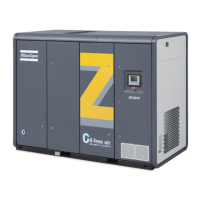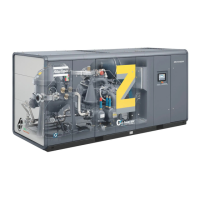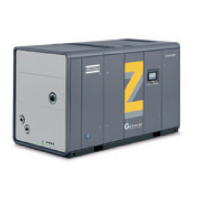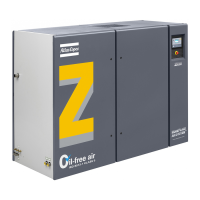Instruction book
2920 1472 03 41
A more detailed interpretation follows below :
RSI Tendency of the water Action
RSI < 3.9 Very high scale formation Water cannot be used
4.0 < RSI < 5.5 High boiler scale formation Regular control and descaling
operation necessary
5.6 < RSI < 6.2 Slight boiler scale formation Water treatment not necessary
Occasional inspection recommended
6.3 < RSI < 6.8 Neutral water Water treatment not necessary
Occasional inspection recommended
6.9 < RSI < 7.5 Slight corrosion at higher
temperature
Water treatment not necessary
Occasional inspection recommended
7.6 < RSI < 9.0 Strong corrosion Regular control necessary, use of
corrosion inhibitor recommended
9.1 < RSI < 11 Very strong corrosion Regular control necessary, use of
corrosion inhibitor required
RSI > 11 Very strong corrosion in complete
water system
Water should not be used
This table indicates that distilled or demineralised water should never be used, as their RSI is > 11.
The RSI only indicates the equilibrium of scaling – descaling. Cooling water showing good RSI
conditions can still be unsuitable due to other factors.
From the table above, the RSI index should be between 5.6 and 7.5; otherwise, contact a specialist.
pH
The effect of pH is already calculated in the Ryznar index, but the pH itself has some additional
limitations:
Z-units 6.8 < pH < 8.5
Total dissolved solids (TDS)
This is the sum of all ions in the water. It can be derived from the dry residue after evaporation (but
not including suspended solids), or it can be estimated from the electrical conductivity.
In a closed system, the following limits apply :
All units TDS < 3000 mg/l (<3800 µS/cm)
For an open system, the following limits apply :
Z-units TDS < 750 mg/l ( < 580 µS/cm)
Chlorides (Cl
-
)
Chloride ions will create pitting corrosion on stainless steel. Their concentration should be limited:
Closed cooling system: Chlorides < 500 ppm
Open cooling system: Chlorides < 150 ppm
However, if the water is scaling, lower limits should be used. (See The Ryznar stability index (RSI)).
Free chlorine (Cl
2
)
Continuously, a level of 0.5 ppm should not be exceeded.
For shock treatments, a maximum limit of 2 ppm for maximum 30 minutes/day applies.
Sulphates (SO4
--
)
Closed cooling system: Sulphates < 400 ppm
Open cooling systems: Sulphates < 150 ppm
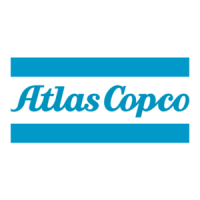
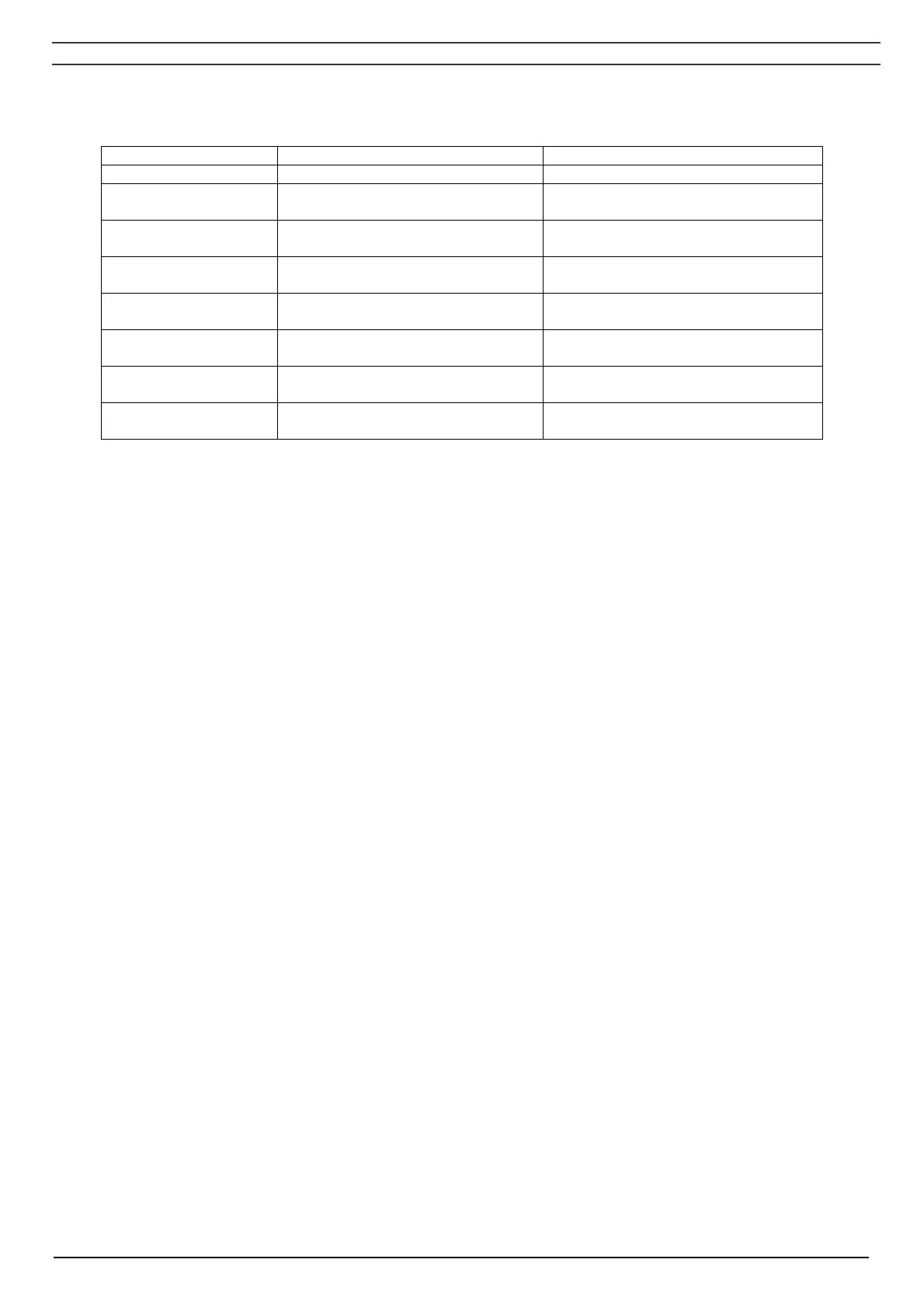